GSP Insurance Group Blog |
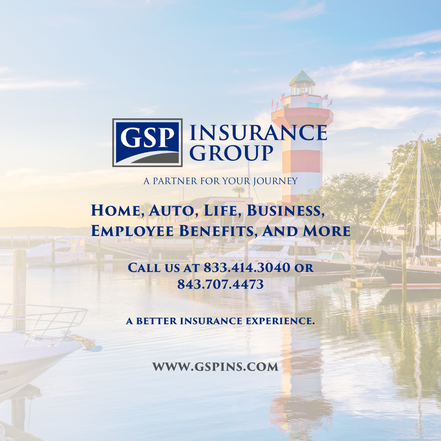 Introduction South Carolina, a state known for its picturesque landscapes and welcoming communities, is currently facing unprecedented challenges in the home and auto insurance market. Within this vibrant state, Beaufort County has emerged as a battleground where residents are grappling with the impact of rising insurance rates. Across the board, homeowners and drivers are witnessing an alarming increase in premiums. Additionally, the market is witnessing a growing trend of carriers either withdrawing altogether or implementing stricter underwriting guidelines and higher down payment requirements. This phenomenon has earned the title of the "hardest insurance market" in a generation across the country. In this blog article, we will delve into the state of the home and auto insurance market in Beaufort County, explore the factors contributing to the difficulties, and provide insights on how to navigate this challenging landscape.
5 Comments
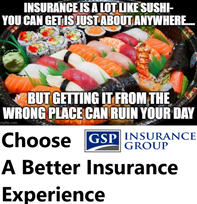 An attractive nuisance is a term used in insurance and legal circles to describe a dangerous condition on a property that may attract children and cause harm or injury. This could be anything from a swimming pool or trampoline to a construction site or abandoned building. In this blog post, we will take a closer look at what an attractive nuisance is, why it matters in insurance, and how property owners can protect themselves. 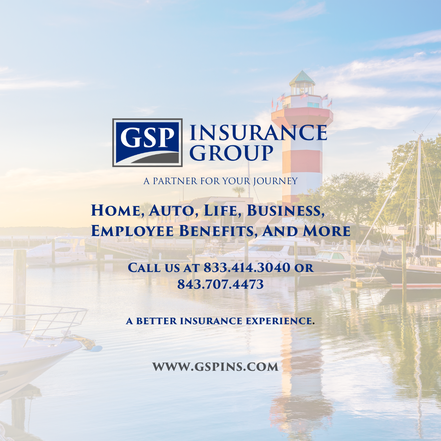 Auto insurance is an essential investment for vehicle owners to protect their financial interests in case of an accident or loss. However, there are two main types of auto insurance policies available in the market - personal auto insurance and commercial auto insurance. In this blog post, we will discuss the differences between these two policies and help you understand which one is suitable for you. 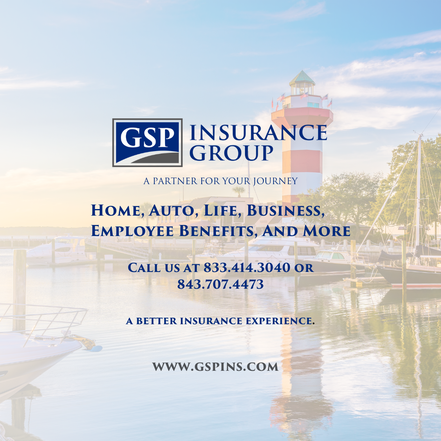 Insurance is an important aspect of life that helps protect us from financial losses due to unforeseen circumstances. When it comes to home and auto insurance, your insurance score plays a significant role in determining your insurance rates. In this article, we will discuss what an insurance score is and how it affects your home and auto insurance rates. 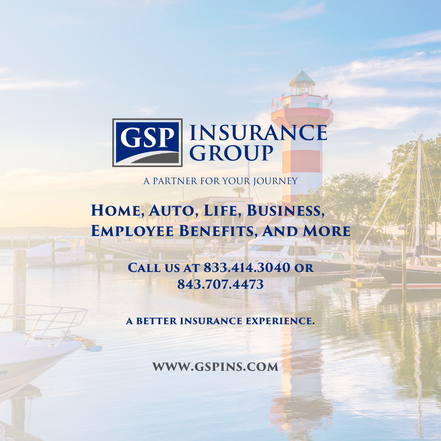 Auto insurance is an important investment for vehicle owners to protect themselves from financial losses in the event of an accident or loss. However, it's crucial to ensure that your auto insurance policy reflects the nature of your vehicle use accurately. If you have a vehicle that you use for business purposes on a personal insurance policy and get into an accident, several consequences could arise. In this blog post, we will discuss what happens if you have a vehicle that you use for business purposes on a personal insurance policy when you get into an accident. Full coverage insurance typically refers to a combination of two types of car insurance: liability coverage and comprehensive coverage.
Liability coverage is the minimum amount of insurance required by most state governments. It covers the costs of any damage or injury that you may cause to another driver or their vehicle in the event of an accident for which you are at fault. The coverage is typically split into two parts: bodily injury liability coverage and property damage liability coverage. Comprehensive coverage, on the other hand, is optional and covers damage to your own vehicle from non-collision events such as theft, vandalism, or natural disasters. When people refer to "full coverage" they usually mean they have purchased both liability coverage and comprehensive coverage. It is important to note that this term is not standard and defined in the car insurance industry and the definition can vary by provider and state. It is always a good idea to check with your insurance provider for the specifics of the coverage you are paying for and make sure you are getting the coverage you need and want. Introduction
Auto insurance is a must for virtually all drivers, but the amount of coverage you need and the company you choose are important factors in your insurance costs. What types of vehicles do you own? Do they require special coverage or safety features? Do they have high mileage? Are they used primarily for pleasure or commuting to work? Your answers to these questions will help you find an auto insurance policy that offers just the right amount of protection without breaking your budget. The Basics of Auto Insurance Auto insurance is a type of insurance that covers damage or injuries caused by automobiles. It also covers medical expenses for the insured, their passengers and third parties who are injured in an accident involving the insured automobile. Auto insurance can be divided into three types: liability, collision and comprehensive. The first type is liability, which covers the costs incurred by an insured party to repair or replace property damaged or destroyed by an insured vehicle. This includes any bodily injuries caused by the same vehicle up to liability limits set forth by law in your state of residence. The second type is collision coverage, which pays for repairs to your car when it collides with another object or vehicle - including pets! The third and final type is comprehensive coverage, which pays for damages unrelated to accidents such as vandalism and weather-related incidents like hailstorms (not counting hurricanes). Shopping for a New Policy When you're shopping for a new policy, focus on what your needs are. If you own a home and have young children, for example, you'll want to get the most affordable coverage that will still protect your family in case of an accident. You should also look into how much money you can afford. Set up a budget that allows room for insurance payments and other monthly expenses like utilities and groceries—these things aren't cheap! Try to make sure that the amount of money spent on auto insurance doesn't take away from any other areas of your budget; this way, if something unexpected happens (like a major car repair), it won't be as stressful financially as it would be otherwise. Finally—and this is important! —be aware of all the discounts offered by different companies when choosing an insurer or agency. Discounts include things like having clean driving records over time; being part of certain organizations such as AAA; living in safe neighborhoods with low crime rates; driving less than 20 miles per day or owning more than one vehicle (or both). These discounts can help lower premiums while still providing adequate protection against accidents and bodily injury claims brought upon by others on the roadways around us every day. Choosing the Right Car Insurance Company The most important step in finding the right car insurance company is to get multiple quotes. You should talk to an independent agent that works with multiple companies and allow them to shop around to find you the best coverage and rates. You should also ask about any discounts available based on factors such as marital status and credit score—these could help save you hundreds of dollars each year! How to Lower Your Auto Insurance Rates Enlist and independent agent to shop around for the best auto insurance rates. Check your credit score and ask about discounts. If you have a good credit score (below 590), most insurance companies will give you a discount on your policy—sometimes as much as 20%. And if you've never been in an accident, some insurers may offer additional savings on top of this. Get a safe driver discount—and ask about it again. Some states require all insurers to offer a safe driver discount to customers who maintain good driving records without any accidents or moving violations within three years of applying for coverage; other states don't enforce this requirement but still require insurers to offer some type of reward if they're available in that state. To find out what types of rewards are available where you live, check with each individual company before shopping around: often times there'll be one or two carriers that won't offer any safe driver discounts at all because they aren't legally required to do so (and therefore don't want to get into trouble). Does Credit Matter With Insurance? Yes, your credit score is a factor in determining your auto insurance rates. However, it's not the only factor, and there are ways to improve your credit score if it's not currently on par with what you want. The best way to save money on auto insurance? Read on! Conclusion This is a great time to shop around for car insurance. It’s important to find the best deal for your needs, and if you’re not sure where to start, we can help! Our friendly agents are ready to answer any questions you have about auto insurance coverage. IntroductionLife has lots of surprises—some good, some bad, and some downright disastrous. Whether you're a renter or a homeowner, the right insurance can help keep the bad ones from being tragic. Even if you live in the safest neighborhood in town or drive the most reliable car on the road, damage to a property and its contents can be devastating without adequate insurance coverage. The same goes for liability suits against you or your family as a result of bodily injuries to others or even damage to their property caused by an accident on your premises. In other words: Don't take chances with your home and auto insurance policies!
Save money by getting auto and home insurance quotes from several top companiesTo get the best deal, we recommend that you get quotes from several top companies. You can use our tool to see how much you’ll pay for car or home insurance in your state. We’ll connect you with major carriers so that you can compare rates and find the right fit for your needs. There are many factors that affect how much it costs to insure a car or a home, including:
Using this tool is easy! Just enter your zip code and the details of your vehicle and/or home into the fields below. Then click "Get Quotes" button below. You will receive instant quotes from several different insurers that offer coverage in your area. We also have a blog with useful information about auto and homeowners’ insurance as well as a tool that can help you find out if you qualify for any local discounts on these policies. Conclusion: Well, that’s it for this guide to home and car insurance comparison! We hope that you now have a better understanding of these two types of insurance policies, how they are different from each other, what they each cover, etc. By following the tips provided in this article you should be able to find an affordable policy that offers the right coverage for your needs! You can reach us at or 843.707.4473 or 833.414.3040 or email us at [email protected]. GSP Insurance Group is headquartered in Bluffton, South Carolina (near Hilton Head & Beaufort) and serve clients in Georgia and South Carolina. |
Contact Us(843) 707-4473 Archives
February 2024
Categories
All
|

 RSS Feed
RSS Feed